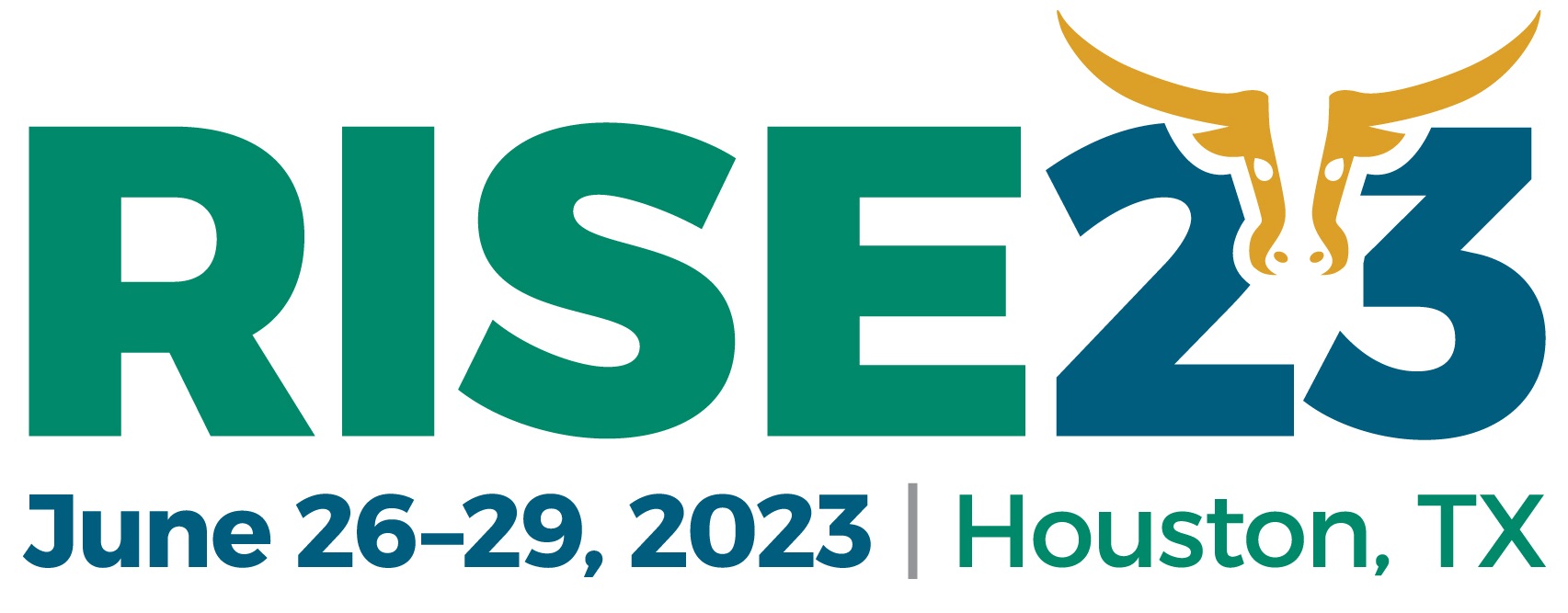KAREN FRIEDMAN: So happy to be joined here by Abby. Abby, could you please introduce yourself to our audience?
ABBY FRUTCHEY: Absolutely. Thank you so much. My name is Abby Frutchey. I am the co-founder—a co-founder of the National Treatment Court Alumni Association. I sit on the board of directors for All Rise. And I'm so happy to be here. Thank you for the invitation for the conversation.
KAREN FRIEDMAN: We are honored to have you. So let's start out by talking about how treatment courts played a role in your recovery journey.
ABBY FRUTCHEY: Oh, that's such a major story. When I think about what my life was like prior to treatment courts, it was—I really found myself wanting to find a recovery pathway but not knowing how to get there. I often describe treatment courts as the bridge that I needed to connect to resources, to really find that capacity that I didn't have and to connect to those recovery supports that I was seeking, not only for me but for my family. As I entered treatment court, I was the mother of a young son. So it was really the bridge that connected me and my family to all of the supports that I needed to move out of a life of active substance use and into a life of recovery and a connection to my community.
KAREN FRIEDMAN: That's awesome. Now, you mentioned the Alumni Association. Why don't you tell us a little bit about that and tell us what it's been like for you to be involved in the Alumni Association.
ABBY FRUTCHEY: It's some of the most exciting work that I've ever done in my recovery. I just recognize that as treatment courts were the bridge that I needed to find recovery, I describe alumni as the light that illuminate the bridge. Really just recognizing that alumni bring just such strength and connection to individuals that are entering a system that can be really scary and just new to all of us.
My engagement in the National Treatment Court Alumni Association actually began back early—the early work began in 2016 with the support of All Rise and an opportunity to bring alumni together to really look at how we can advance opportunities for alumni across the country, right, we’re just corner to corner of the country. And then in 2021, I was approached by other alumni that were passionate about connecting at a national level and were doing work locally within their states. And you'll be talking to Carlos Gonzalez. He is really just foundational in moving forward the work of the National Treatment Court Alumni Association. And through that, I've connected with fellow alumni for the last year and a half as we've moved this from a think tank to really formalizing it, becoming incorporated, and looking at becoming a nonprofit so we can support other courts across the country and alumni that want that same advancement in alumni opportunities.
KAREN FRIEDMAN: That's awesome. And how do you feel like alumni can contribute to the treatment court family?
ABBY FRUTCHEY: Oh, there's so much. Again, as I had said, alumni are like the light that really illuminates a dark path. And so there's so many things, as we think about opportunities just to be present for others that are just entering a system that can be so scary, overwhelming—we can have a lot of fear associated with that—to levels of advocacy, to community service, to peer support. There's so many opportunities for alumni really at every juncture. And so, you know, it's just wonderful to see how much alumni can contribute to the development, informing practices within a court and then just, like, helping to excel the recovery and connection to communities for other participants that are both within and transitioning without of the—out of the court program.
KAREN FRIEDMAN: That's fabulous. What is the one thing that you wish that everybody knew about treatment courts?
ABBY FRUTCHEY: Oh, there's so many things that I wish people knew about treatment courts, but what I'll say is this, you know, treatment courts are an intervention to move us out of a system of—through the justice system and out of incarceration and into lives of recovery and connection, connection to one another, connections to our communities, connections to our family. And just do that in a way with compassion, ensuring public safety, and just supporting us along our recovery journeys. And everyone needs to know that because it is an intervention that's so valuable within our justice system.


